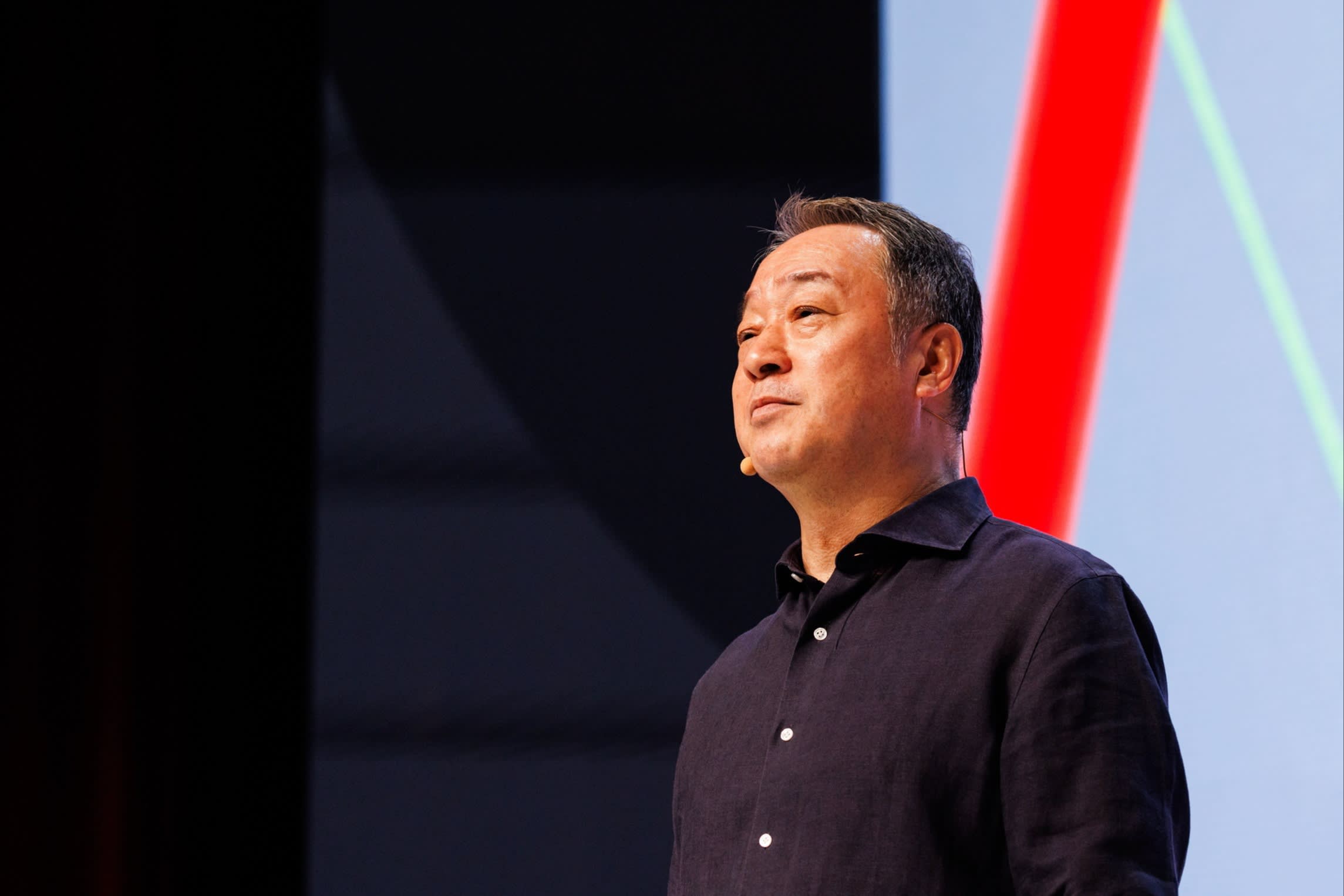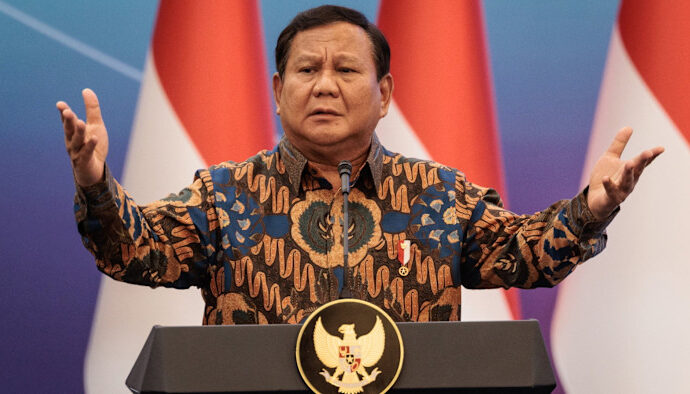Unlock the Editor’s Digest for free
Roula Khalaf, Editor of the FT, selects her favourite stories in this weekly newsletter.
Japanese advertising group Dentsu is exploring the sale of its international business, a move that would end its ambitions to compete globally against WPP and Publicis in a sector convulsed by artificial intelligence.
Tokyo-listed Dentsu has appointed Mitsubishi UFJ Morgan Stanley and Nomura Securities to sound out potential buyers for its international creative and media advertising business in a deal that could raise several billion dollars, according to three people with knowledge of the situation.
While Dentsu has a dominant position in Japan, it has failed to build similar strength overseas even after acquiring UK media group Aegis in a £3.2bn deal in 2012.
The people with knowledge of Dentsu’s plans said potential suitors, including rival advertising companies and private equity groups, have been approached about buying the international business, which made more than $4.5bn in net revenues last year.
One of the people close to the talks said Dentsu was exploring a number of options, ranging from a sale of a minority stake in the business to a full sale of its overseas operations. They cautioned that no decision had yet been made to proceed with a sale and that Dentsu wanted to draw up a firm plan by the end of the year.
Dentsu, Morgan Stanley and Nomura all declined to comment.
With the surprise acquisition of Aegis, one of the largest ever advertising deals at the time, Dentsu created the sector’s fifth-biggest global holding company.
The group’s international holdings mainly comprise the former Aegis business as well as smaller subsequent acquisitions, such as Merkle, a US-based digital marketing consultancy, and London-based Tag Group, a digital marketing production company.
But its international business has struggled as clients have cut back spending or been poached by larger rivals.

The Japanese group this month was forced to lower its full-year outlook, blaming challenging conditions in international markets in Asia, as well as Europe and the US.
Dentsu has already unveiled plans to restructure the international businesses, including cutting more than 3,400 jobs. It now expects to report an operating loss of ¥3.5bn ($24mn) this year, compared with a previous forecast of ¥66bn in operating profit.
People close to Dentsu said its management had lost patience with the lossmaking business, which has hamstrung its otherwise profitable Japanese operations.
Hiroshi Igarashi, president and global chief executive of Dentsu, told investors this month that the “international business continues to face negative growth across all regions, resulting in a challenging overall performance”.
Advertising executives say Dentsu is at risk of being squeezed further by larger rivals, with US companies Interpublic Group and Omnicom having agreed to merge to create a single North American powerhouse.
The biggest question for potential buyers will be about the impact of new AI tools that replace many of the traditional creative and media planning jobs carried out by agencies such as Dentsu, according to one person familiar with the sale process.
“Revenues are already shrinking,” they said. “It’s been bad and could get worse as no one knows what AI will do to the industry.”


